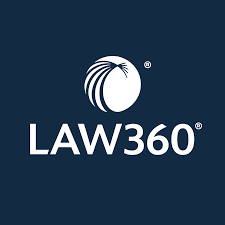By Maria Gracia Santillana Linares. (Forbes). August 14, 2023.
As the smoke clears from the first exchange of volleys between the Securities and Exchange Commission and the world’s two largest cryptocurrency exchanges, Binance and Coinbase appear to have run out high-caliber legal arguments in their defense.
The U.S. regulator sued the two companies in June, alleging they were operating as unregistered securities exchanges and facilitating trading in cryptocurrencies that should have been registered as securities. The agency has been staunch in its contention that most digital assets–except for bitcoin and possibly ether–are securities and subject to its oversight as are exchanges on which cryptocurrencies trade.
Binance and Coinbase beg to differ, and they offer several arguments. The most potent, according to lawyers following the case, has to do with whether cryptocurrencies are meant to provide their owners with profit derived from the labors of others. If they do not meet that definition, then they are not securities. That might be enough to torpedo the government’s civil suits against the exchanges or at least narrow the scope of which of the 19 tokens it cited in the actions really are any of the SEC’s business.













